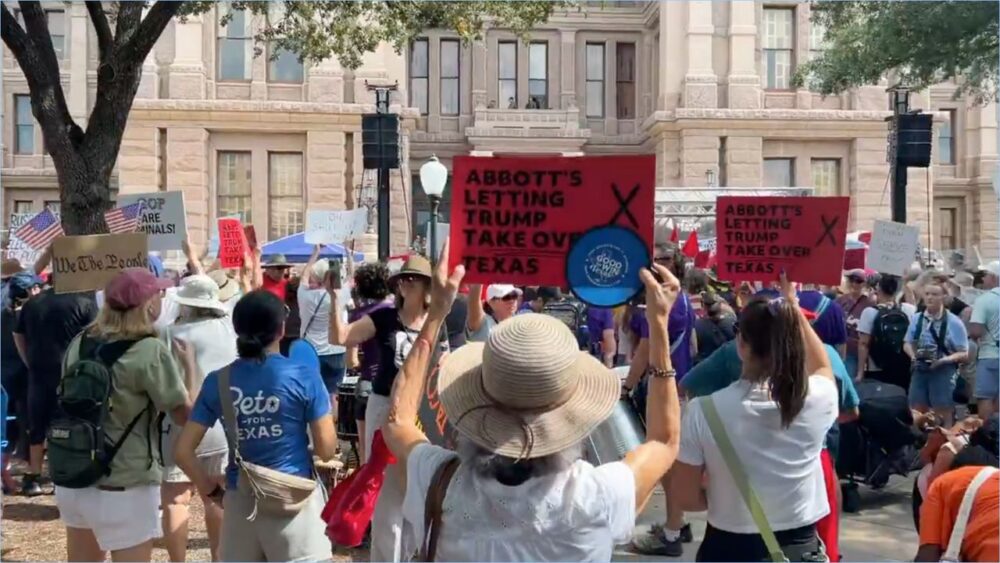Texas Republican lawmakers are advancing a redistricting plan that would expand GOP control in Congress while creating new majority-Black districts in Houston and Dallas.
Supporters say the maps reflect political performance and demographic change. Critics argue they weaken minority voting power and cement Republican dominance.
State Rep. Todd Hunter (R-Corpus Christi), who chairs the redistricting committee, was blunt: “We have five new districts, and these five new districts are based on political performance.”
If adopted, the maps could boost GOP seats from about two-thirds to nearly four-fifths of Texas’ congressional delegation, according to the Texas Tribune. The plan also creates two majority-Black districts—one in Houston and another in Dallas—where none exist today.
Democratic leaders and voting rights advocates blasted the plan. “This is a power grab, plain and simple… communities of color who have driven nearly all of this state’s growth stand to pay the price,” said John Bisognano of the National Democratic Redistricting Committee.
Protests have taken place at the Texas Capitol, with Black and Latino demonstrators warning the maps would limit minority representation.
Some Black Republicans expressed support. “We need the right people representing us,” said Chyna Gragg. Dallas GOP chair Allen West argued the plan could spur competition in areas where Republicans have been absent. Sholdon Daniels, a Republican running in Dallas’ 30th District, added: “We feel empowered, and we feel like we are finally getting a voice.”
Republican strategists also see opportunities in South Texas. “We have three Hispanic-predominated districts in South Texas that we believe we can carve out for Republican leadership,” said GOP strategist Mitch Little.
Local GOP leaders are expanding outreach. The Dallas County Republican Party recently hosted a town hall in Lancaster, a Democratic stronghold, to connect with minority voters.
Voting rights groups counter the plan would dilute Latino voting power by dividing communities or concentrating voters. They argue the maps reduce the number of Black and Latino “opportunity districts” compared to today.
Lawmakers are expected to vote in the coming weeks. The outcome could reshape Texas’ political balance and fuel national debates over redistricting and representation.


